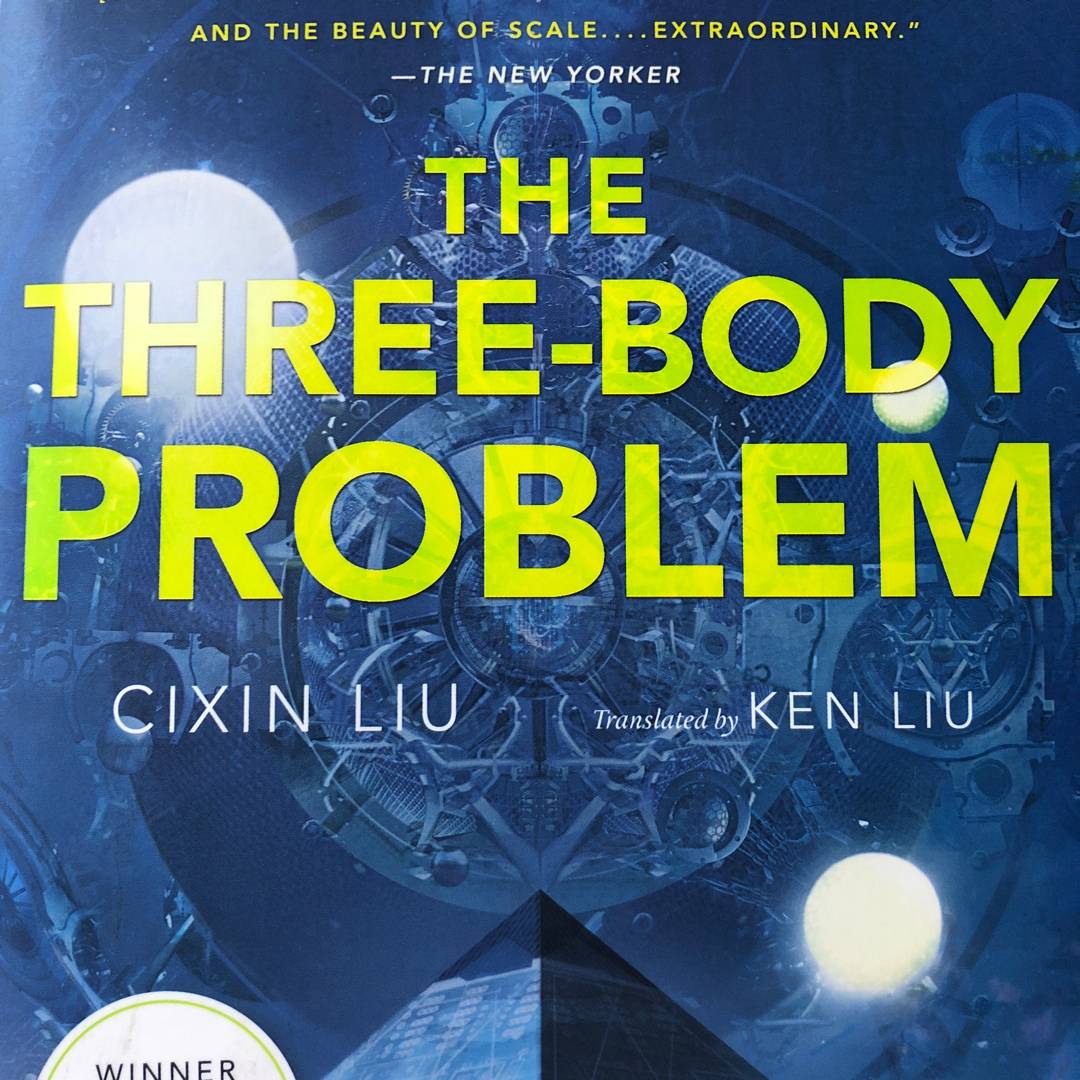
Wow
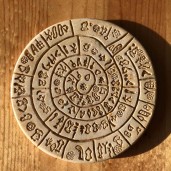
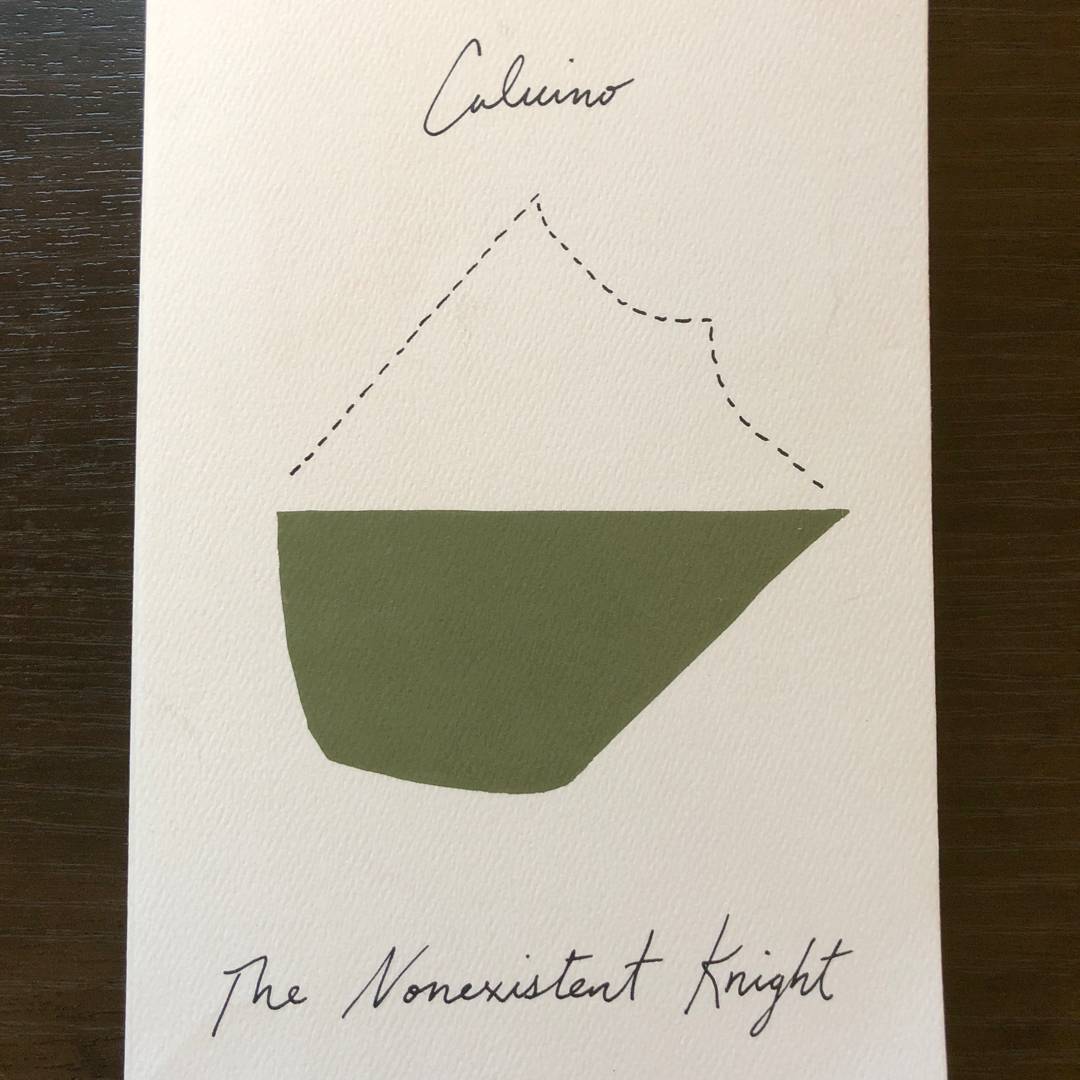
A whimsical but thoughtful tale of knights, names, and deeds. I can‘t help but imagine it as a Wes Anderson film.

On wine: “Just below the shoulder of the first bottle, serious and concentrated conversation. Two inches farther down, sweetly sad memory. Three inches more, thoughts of old and satisfactory loves. An inch, thoughts of bitter loves. Bottom of the first jug, general and undirected sadness.”
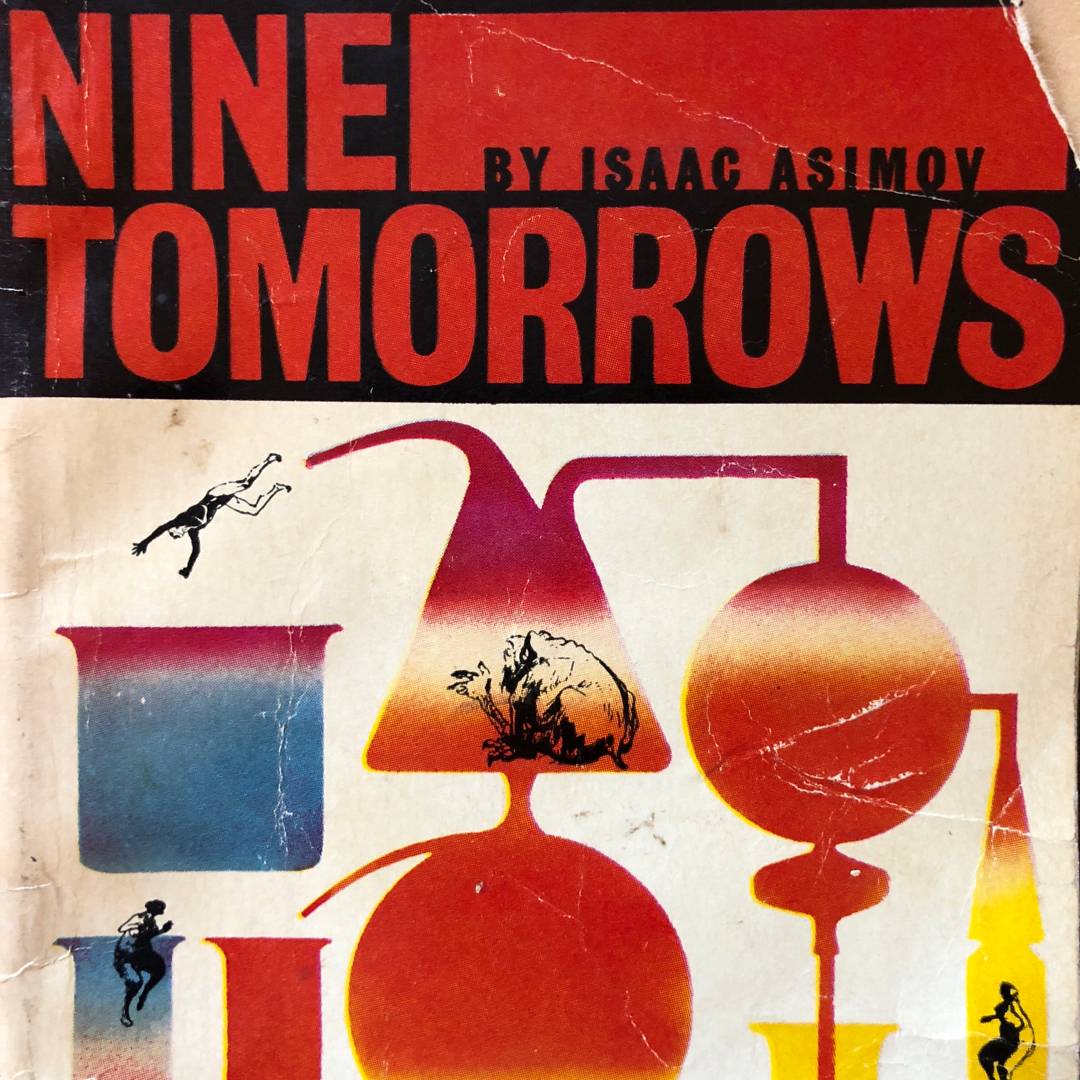
Picked this out from a beat up cardboard box labelled “50s sci-fi” sitting at the edge of a lawn in Hamilton. What a delightful collection stories! Grateful that someone decided to share it.
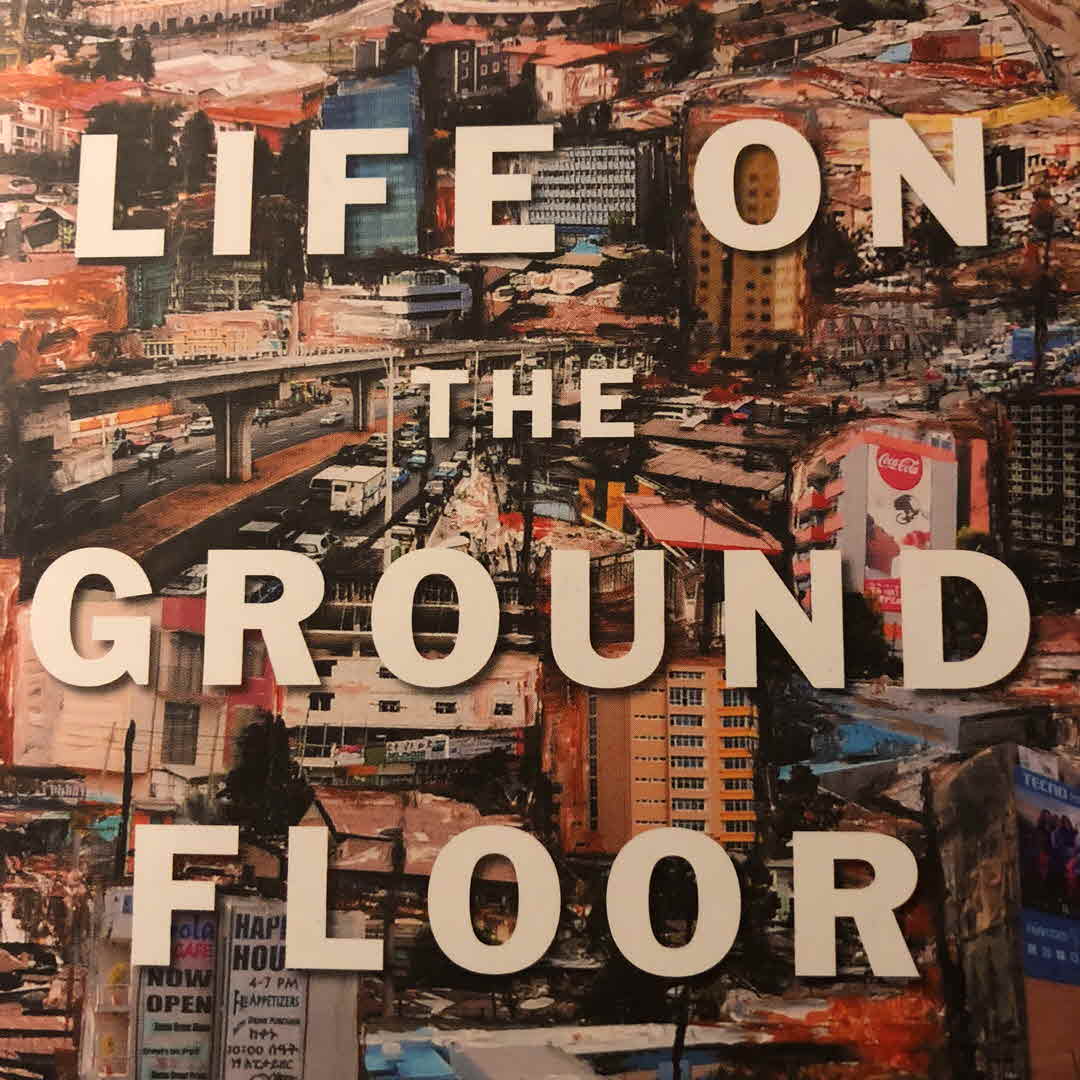
We‘re never really asked to understand that we should be well in as many ways that matter, not just so we stay fit next to sickness but so we know the direction of being truly healthy.

“What do Indians want? Great question. The problem is, it‘s the wrong question to ask.” Thomas King‘s running commentary on historical and contemporary Indigenous issues is not quite what I expected: far more punch and unabashed opinion. An important voice to consider before I tackle Medicine Unbundled.
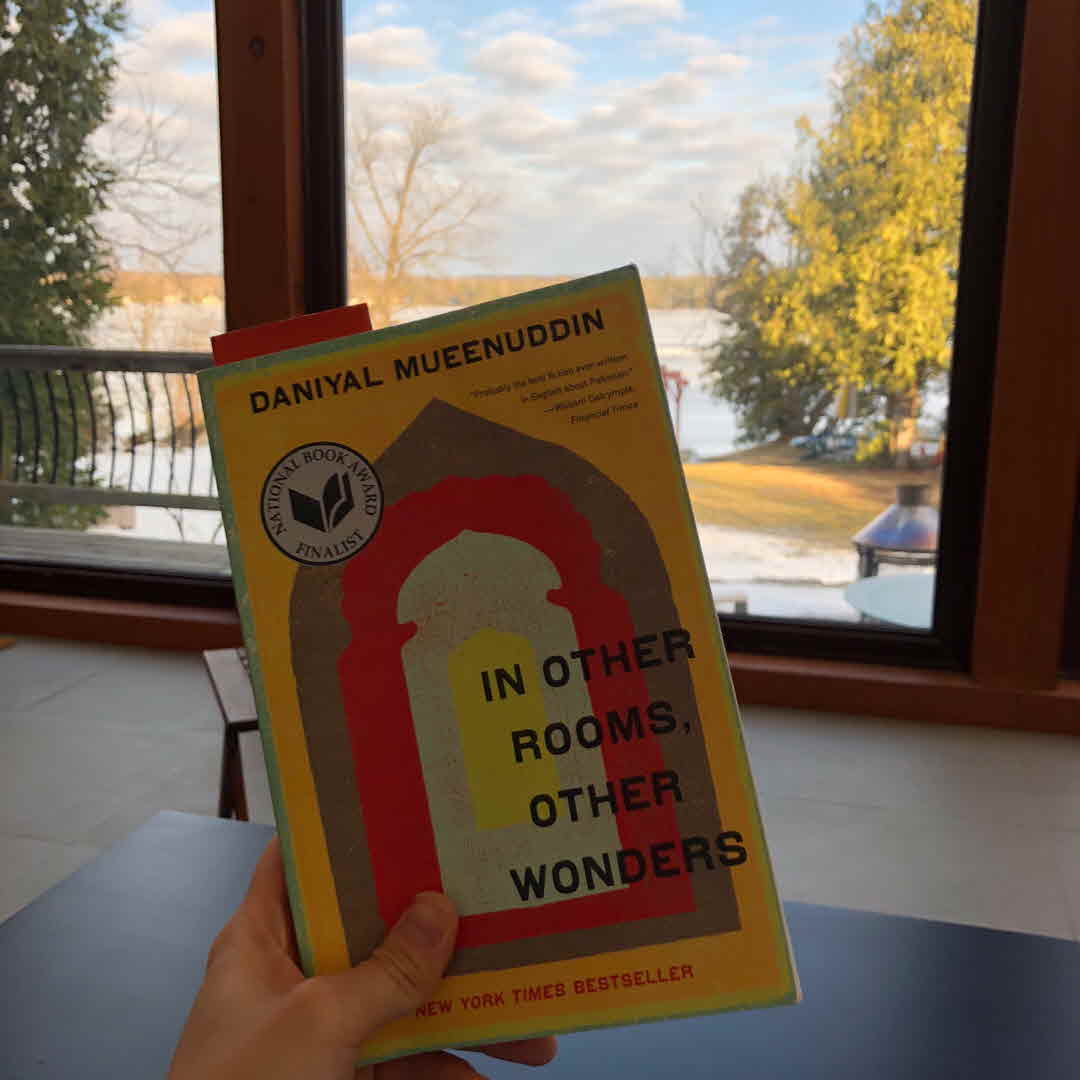
These are the first stories I‘ve read which take place in the sprawling estates, winding roads, and intimate homes of Pakistan. The stories move effortlessly between the triumphs and tragedies of characters from different socioeconomic classes. A great collection to read after “England” - another musing on the disparate lives led by those bound together as one nation.
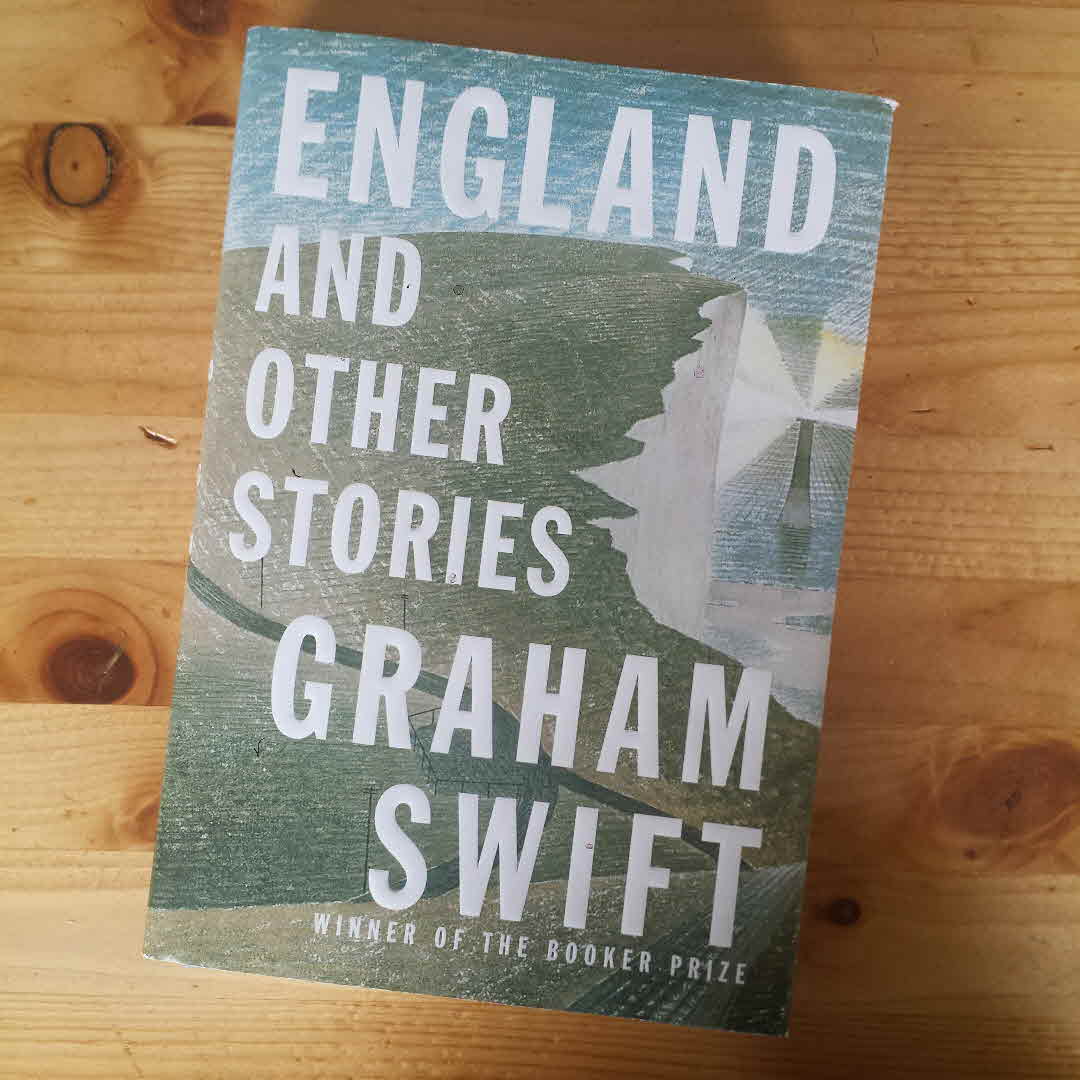
Stories that elicit a flash of recognition - a thought, a mood, a feeling - for lives that I've never lived and never will.

Reading this during our psychiatry block was particularly powerful. What does it mean to be mentally well or unwell? Who decides? How does the history of psychiatry affect modern attitudes and practice? Likewise, how do cultural portrayals of psychiatry help or hinder the delivery of better care? #medicine #mentalhealth

Eventually, when the star has shrunk to a certain critical radius, the gravitational field at the surface becomes so strong that the light cones are bent inward so much that light cannot escape.

Had it been merely vanity that had made him do his one good deed? Or the desire for a new sensation...Or that passion to act a part that sometimes makes us do things finer than we are ourselves? Or, perhaps, all these?
Up against such hard cases, effective algorithms make assumptions, show a bias toward simpler solutions, trade off the costs of error against the costs of delay, and take chances. These aren't the concessions we make when we can't be rational. They're what being rational means.